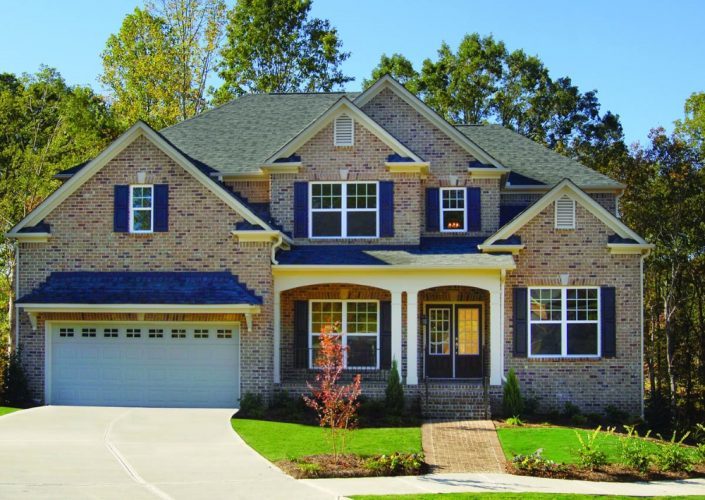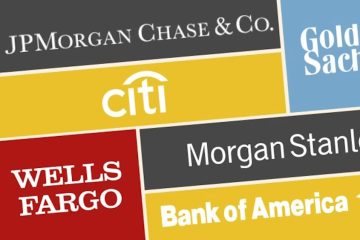What’s Worse Than Record High Rent? Record High Rent, Plus Fees.

The cost to rent a home or apartment has soared, and it isn’t just because of super high rents. Landlords are hitting tenants with an abundance of fees every month. Many are no more than five or 10 dollars each, but when stacked up they can amount to hundreds of dollars more each year. Some fees, such as those for parking and pets, have been around for years, but many renters now pay up for things they were rarely charged for in the past. That includes fees for trash pickup, pest control, the use of a mailbox, and for making routine maintenance requests. Then there are fees for move-ins and move-outs and for “lease administration.” One Minnesota landlord collected a $100 so-called January fee the first month of each year, though it isn’t clear what tenants got in return for that charge.
In suburban Phoenix, buildings increasingly charge for valet trash pickup that can add more than $30 to the monthly rent. “I can carry the trash 50 feet to the dumpster,” said Debbie Giannecchini, who moved out of a building that started charging the fee. Apartment asking rents rose 25% between early 2021 and summer 2022, straining the budgets of many renters whose wages didn’t keep up. While rent growth has since flattened in much of the country, large property-investment companies continue with these add-ons to boost their bottom lines.
The five largest single-family-home rental landlords increased their annual fee income per lease by about 40% between 2018 and 2021, according to a report last year from the House of Representatives’ Committee on Financial Services, which obtained fee data from the companies. A tenant lawyer says he keeps a running list of new fees. “A lot of this stuff used to just be called ‘rent,’” said Mike Vraa, a Minnesota tenant attorney. His organization, HOME Line, keeps a running list of newly discovered species of rental fees.
While some companies made fewer charges during the pandemic, many of those firms are now expanding the scope of their fee programs. Invitation Homes
, one of the largest owners of single-family rentals, said this March that it was increasing profit margins via charging more fees for smart-home features such as video doorbells, as well as charging extra every month for air-conditioning filter replacements.The company’s “other income” revenue, which includes fees, grew at more than twice the rate of rent last year, according to the company’s public filings.
“We continue to see strong demand for the convenient, professional services that make leasing a home from us a worry-free experience,” an Invitation Homes spokeswoman said in a statement.Large apartment building owners, meanwhile, also say they expect to continue reaping income from fees. One executive at a privately held apartment company in the Midwest said that the firm had more than doubled income from fees at more than 20 rental properties it recently purchased. “People pay it,” the executive told The Wall Street Journal. Many landlords are expanding the scope of their fee programs.
The federal government and some states are moving to crack down on how landlords charge rental fees. In July, the White House said it won commitments from a handful of the country’s largest listing platforms, including Zillow and Apartments.com, to require landlords to disclose all fees and their costs alongside listings. In June, the state of Colorado capped pet deposits at $300, and Maine limited how much landlords can charge for application fees.
The creep of fees into rental housing follows the path of several other large U.S. industries, such as hotels, airlines and live entertainment, which are also drawing greater scrutiny from the government. Landlords say fees are merely a way for companies to compensate for rising operating costs. “The reality is providers are facing unrelenting and often unprecedented increases in the underlying cost of virtually all aspects of the business, from operations to financing to supply chain to labor to regulations,” said David Howard, chief executive of the National Rental Home Council.
Strategic use of fees by landlords goes back to at least the late 1990s, when apartment-building owners sought ways to increase revenues separate from rent growth, said Jay Lybik, director of multifamily analytics at CoStar Group. Tenants have tried to push back. Renters have sued several major landlords over how they charge them. Invitation Homes, for example, settled with 11 tenants who alleged the company charged illegally inflated late fees at its rental homes, though the company didn’t admit to any wrongdoing, a spokeswoman said.
Some renters only find out about the recurring fees they will owe once they go to sign their leases. By that time, they might have already paid hundreds of dollars in application fees, background check fees and holding fees. They might have also notified their current landlord of plans to move. “You are trapped,” said Charlie Bliss, director of advocacy at Atlanta Legal Aid.
Lisa Keelor, who rents a house from the publicly traded landlord AMH in Jacksonville, Fla., said she didn’t know about the monthly renter’s insurance fee, or the “convenience fee” charged on top of the utilities until they first appeared in her online payment portal. While those fees are relatively small, other large charges have popped up. She said she was once hit up for more than $200 to repair the home’s sprinkler system and spent weeks trying to get the landlord’s staff to reimburse it. “What tenants have to do is keep going in this portal and looking to see ‘what have they done this month?’” Keelor said. In a statement, AMH, formerly known as American Homes 4 Rent, said tenant fees and responsibilities for other maintenance charges are detailed in each of the company’s leases.



